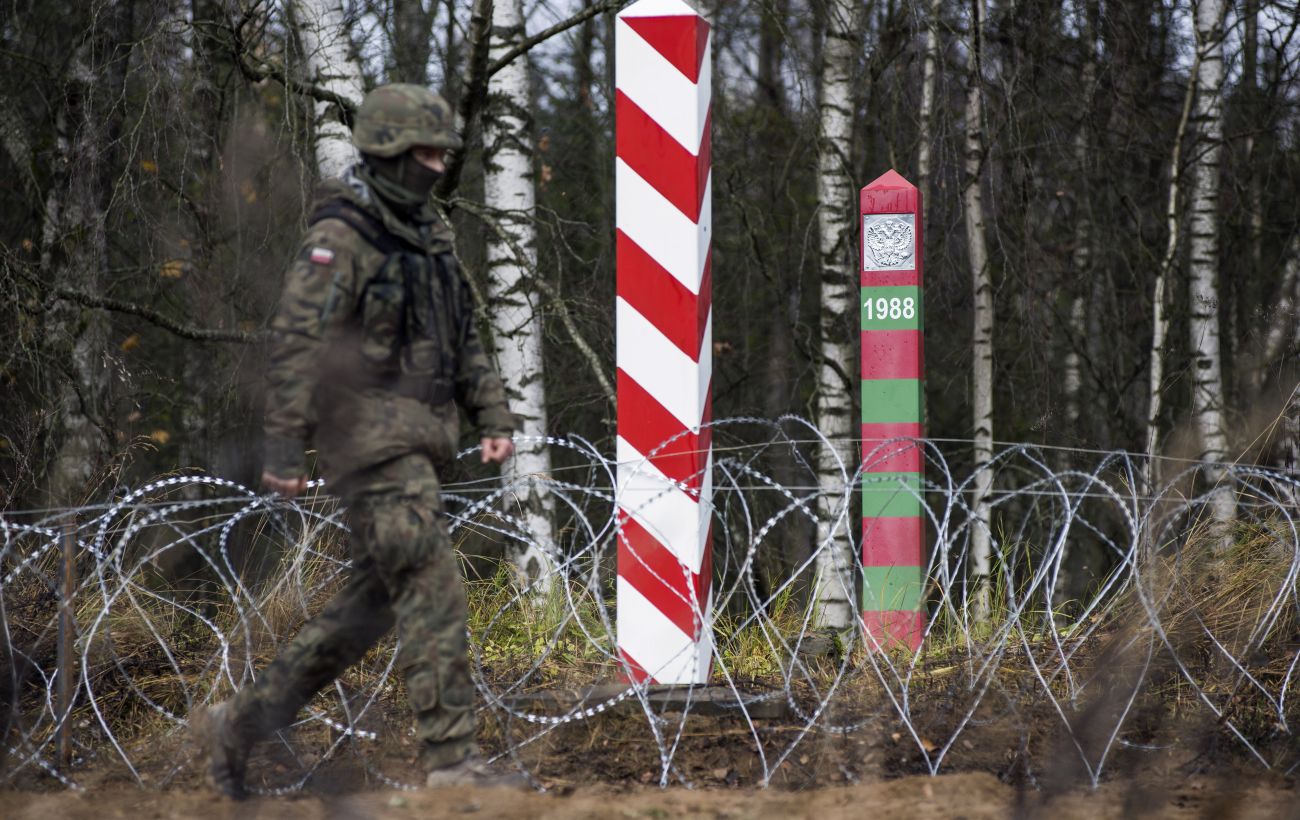Al Jazeera Offices Closed Amidst Tensions
In an unprecedented move, Israel has shut down Al Jazeera's offices, citing 'incitement' as the principle cause, sparking debates on press freedoms.
Published May 06, 2024 - 00:05am
Image recovered from assawsana.com
The Middle East's already complex political landscape has been further roiled by Israel's recent decision to shutter the offices of Al Jazeera, a major news network based in Qatar. Israeli authorities have accused Al Jazeera of biased reporting, particularly in the context of ongoing conflicts, and 'inciting' violence, an accusation firmly denied by the organization. This bold step has been met with widespread international censure, which views the move as a flagrant curtailment of press freedom, highlighting the delicate balance between national security and journalistic liberty.
The Israeli Minister of Communications, quoting unanimous government support, stated that immediate actions would include the confiscation of broadcasting equipment from Al Jazeera's Jerusalem office. This has been paralleled by a broad-ranging ban that inhibits the network's operations within Israel's media landscape, including TV broadcasting and online content. Prime Minister Netanyahu's government, perceiving the network's coverage as hostile to Israel and supportive of Hamas, pushes the narrative that Al Jazeera's portrayal of recent events, particularly in Gaza, poses a threat to Israel's security.
Al Jazeera has retorted with a firm commitment to continue delivering its services globally, reasserting rights granted by international charters. Network officials suggest that the closure coincides with World Press Freedom Day, thereby inferring irony in Israel's actions against what is universally considered a fundamental human right. Faced with an immediate operational halt after the seizure of equipment by Israeli inspectors, Al Jazeera has vowed to pursue all legal avenues to protect its rights and staff. They contend that over 140 Palestinian journalists have died in pursuit of the truth since the onset of the Gaza war, magnifying the challenges faced by media entities in conflict zones.
International journalistic and human rights organizations, including prominent entities like the Committee to Protect Journalists and Reporters Without Borders, have joined the chorus of condemnation against Israel's actions. These organizations, together with regional resistance movements like Hamas, have termed the closure a 'grave violation of press freedoms.' They argue that the ongoing targeting of journalists, exemplified by incidents such as the deaths of reporters like Shireen Abu Akleh, constitute a systematic effort to stifle the truth.
In the wake of this, press freedom indexes and human rights commissions have red-flagged Israel's increasingly stringent stance against foreign media. While Israeli officials contend that steps against Al Jazeera have been long considered amidst legal hurdles, these indices reveal a concerning pattern of journalist imprisonments and media oppression within the region. The United Nations Commissioner for Human Rights has called for a reversal of the closure decision, appealing to Israel to respect the tenets of free speech and the essential role of independent media in ensuring transparency and accountability within society.
The abrupt move by Israel to close Al Jazeera’s offices comes amidst a series of regional skirmishes that have heightened existing tensions in the Middle East. The Israeli-Palestinian conflict has been at the center of regional dynamics for decades, and the media has played a pivotal role in shaping public perceptions across borders. Under the leadership of Prime Minister Netanyahu, Israel has been assertive in its policies that intersect national sovereignty and security concerns. Critics have, however, warned that this latest decision may escalate tensions with Qatar, which has been a strong backer of Al Jazeera and has often had strained relations with Israel due to disparate political alliances.
Aside from the immediate impact on Al Jazeera, there is growing concern among international observers over the precedent that such actions might set. With the rise of populist movements and authoritarian trends in several countries, the space for free press has come under increasing pressure globally. Events in Israel are being watched closely as a barometer for broader shifts in the geopolitical approach toward media operations, particularly in situations of unrest and conflict.
Al Jazeera has a long history of provocative journalism that has both been praised for shedding light on underreported issues and criticized for what some governments contend is inflammatory reporting. The network, which broadcasts in multiple languages including Arabic and English, has made a significant impact in the Middle East and across the world, often providing an alternative viewpoint to Western media outlets. Al Jazeera’s assertive coverage of the Arab Spring uprisings, for instance, drew millions of viewers and impacted public discourse about the events that unfolded during that period.
The relationship between the Israeli government and media outlets is known for being fraught, and the current administration has been vocal about what it perceives as unfair treatment by both international and some Israeli media organizations. However, not all Israelis are in agreement with the government’s posture towards Al Jazeera; some citizens and media advocates within the country have expressed concern that such measures undermine Israel’s democratic values and could portray Israel in a negative light on the global stage.
As a result of the closure, Al Jazeera must now navigate a complex legal and bureaucratic landscape. The network’s strategic response is likely to involve international litigation, lobbying efforts, and a push to maintain their broadcast capabilities through alternative platforms. Moreover, Al Jazeera’s journalists are asserting their intention to remain undaunted in their mission to cover news in the region, insisting that reporting on the complexities of the Middle East is more crucial than ever for maintaining informed global citizenry.
Observers note that the episode serves as a cautionary tale for the delicate interplay between governance and the fourth estate. The narrative that unfolds following Israel’s actions may well set a benchmark for government-media relations not only in the Middle East but across the world. As it stands, this move against Al Jazeera could become a significant focal point in the ongoing debate about the value and limitations of free speech in times of national strife.







:format(jpeg)/cloudfront-us-east-1.images.arcpublishing.com/elespectador/E4FBVWFOZFFKJPADSHULE3OZ5U.jpg)